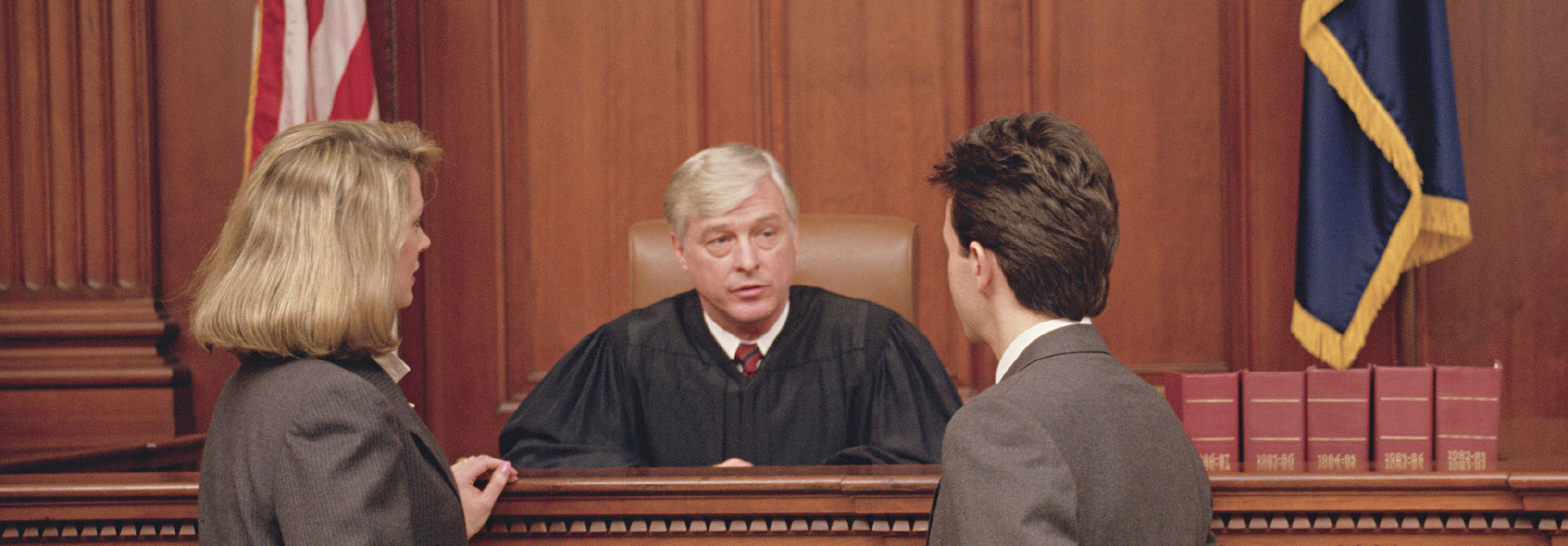
The best interest of the child or children is of course the key in custody decisions before the court. Martin S. Garza, family lawyer in San Antonio, is experienced in assisting parents who seek legal counseling for child custody cases. The ideal situation may be for parents to share in the rights and duties of child-rearing, but often taking the matter to court is necessary to help both parties come to an agreement. Even if parents agree on custody terms outside of court, the agreement is still subject to court approval.
If you have made the decision to divorce, Martin can help answer your questions about child support and visitation rights, which are separate issues. The court determines both and will usually order the non-custodial parent to pay child support and the custodial parent to make the child available for visits.
The custodial parent has a duty to obey the court order for visitation, even if the non-custodial parent cannot or will not pay child support. The court can enforce its orders against either parent.


Texas Family Code states that a judge may consider the following in determining what is in the child’s best interest:
In addition, if the child is 12 or older, the judge may interview the child in chambers (the judge’s office) to determine the child’s preference as to which parent should have the right to decide his/her primary (main) residence. If the child is under 12, the judge may interview the child; however, this is less common.
According to Texas Family Code, “A parenting plan contains the rights and responsibilities of each parent. It would include provisions for child support, possession of and access to the child. Parents can make a parenting plan and submit it to the court. In addition, a judge may order any other provision restricting possession of or access to the child, if deemed to be in the child’s best interest.”
